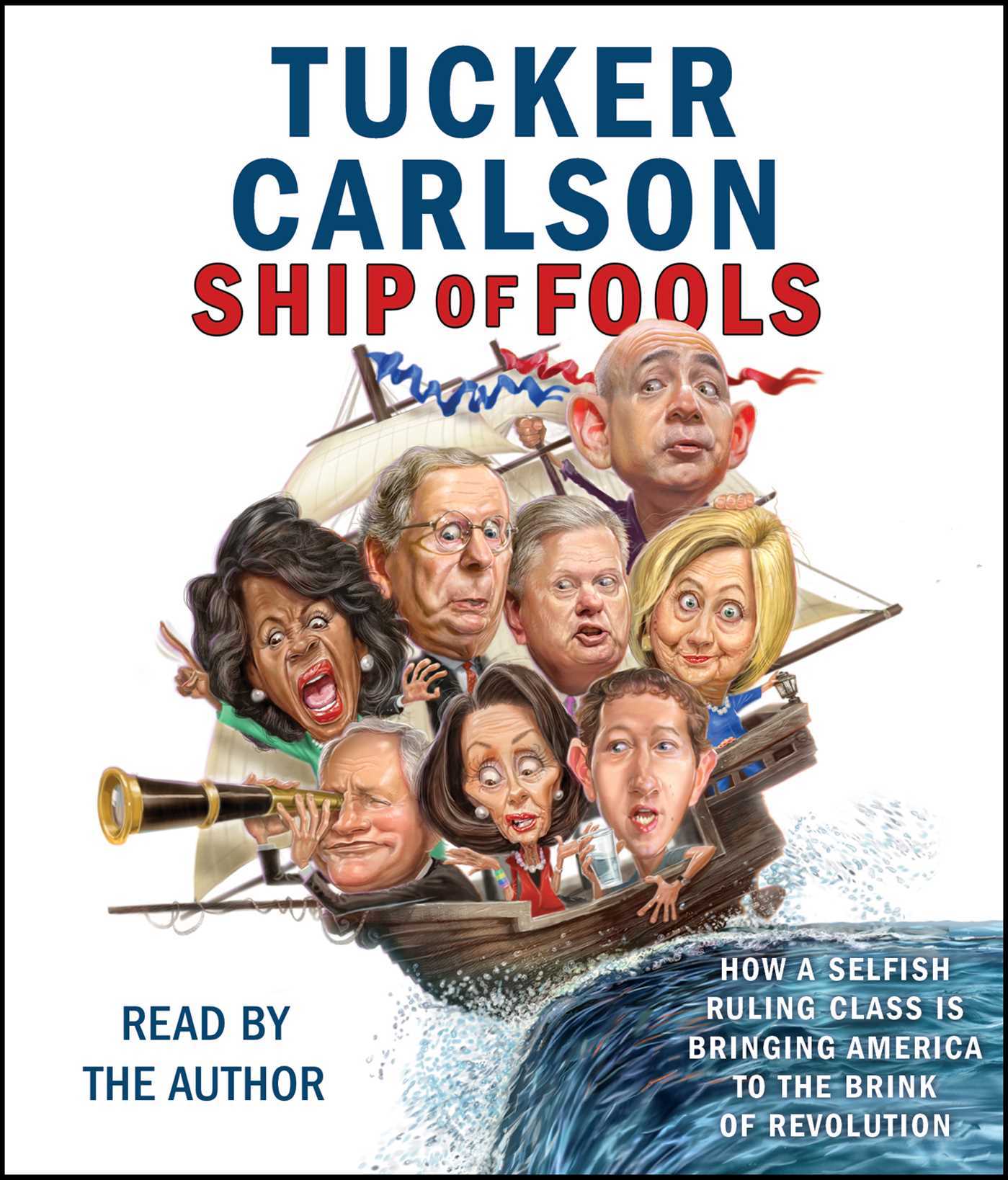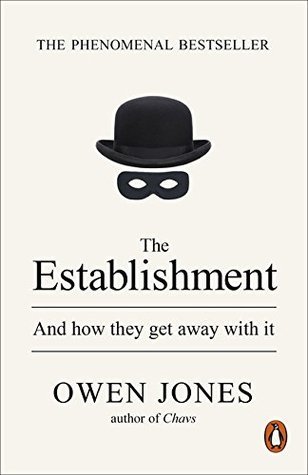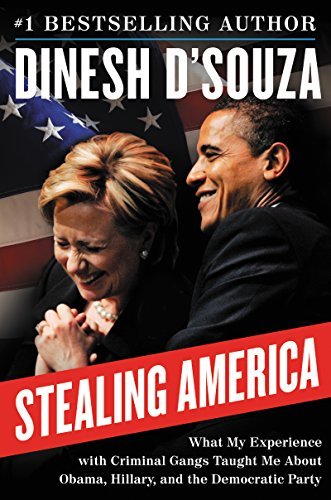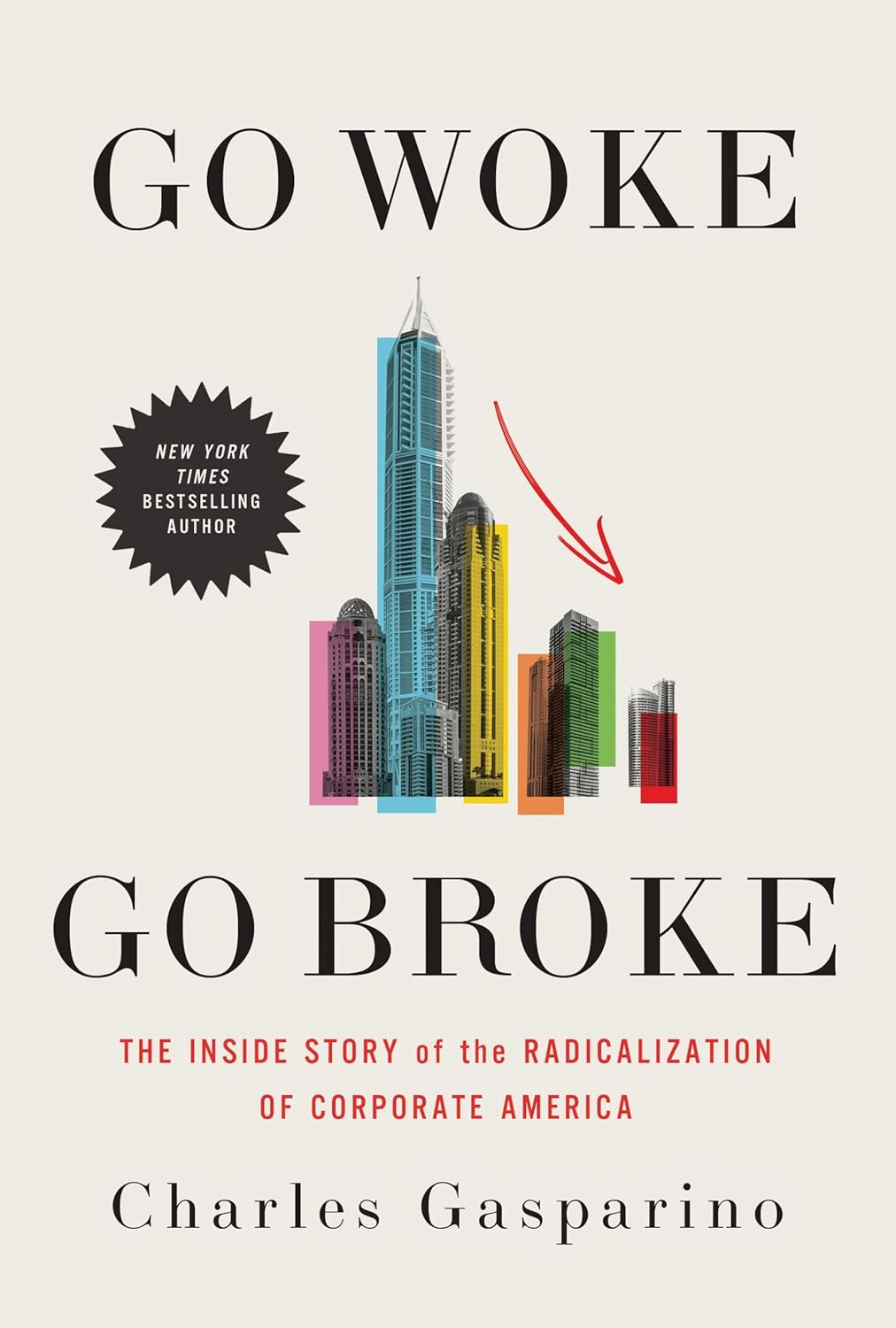
Ship of Fools: How a Selfish Ruling Class Is Bringing America to the Brink of Revolution
Book Description
America stands on the edge of chaos, its foundations shaken by a ruling class driven by greed and self-interest. In "Ship of Fools," Tucker Carlson unravels the unsettling truth behind political betrayal and societal division, exposing how the elite are sailing toward disaster while ignoring the cries of the everyday citizen. With razor-sharp analysis and provocative insights, this gripping exposé reveals the brewing storm of dissent that threatens to ignite revolution. As the divide grows ever wider, will the voices of the countless silenced finally rise to reclaim the nation?
Quick Book Summary
In "Ship of Fools," Tucker Carlson contends that America's ruling class—political elites, corporate leaders, and cultural tastemakers—have abandoned the interests of ordinary citizens in favor of their own self-aggrandizement. Detailing the widening chasm between the elite and the general populace, Carlson argues that the leaders have become disconnected, enforcing policies that damage communities while protecting their own privileges. The book scrutinizes the bipartisan nature of this problem, noting both Democrats and Republicans are complicit. Through historical parallels and sharp commentary, Carlson suggests that this exclusion and disregard for working Americans could lead to widespread unrest, even revolution, unless the ruling class acknowledges their failures and addresses grievances. "Ship of Fools" is thus both a critique and a warning about America's fractured social contract.
Summary of Key Ideas
Table of Contents
The Disconnect Between Elites and Ordinary Americans
Tucker Carlson’s book begins by diagnosing the core issue: a ruling class in America that is strikingly out of touch with the majority of its citizens. He argues that over the past several decades, politicians, business magnates, and media influencers have become insulated from the everyday struggles of average Americans. This disconnect is not only social and economic, but also cultural, resulting in decisions that privilege elite interests over the well-being of the populace. Policies on trade, immigration, and globalization are highlighted as primary drivers of the diminishing fortunes for the middle and working class, with jobs outsourced and economic stability undermined in the name of profit and efficiency.
Bipartisan Complicity in National Decline
Carlson’s analysis holds both major parties accountable, asserting that the rot is systemic and bipartisan. Republican and Democratic leaders alike, he claims, have participated in a political consensus that disregards the needs of their constituents. Instead of representing diverse views, both sides have converged on similar stances benefitting big corporations and upper-class enclaves, eroding genuine democracy. The illusion of partisan conflict is, in Carlson’s view, a distraction from the shared failures of leadership that have hollowed out communities and sowed distrust.
The Impact of Economic and Cultural Policies
The book delves into the ramifications of economic and cultural policies shaped by this ruling class. Carlson details how relentless focus on technological innovation, global markets, and identity politics has alienated huge swathes of Americans. He contends that open debates on critical issues are often suppressed, as media and academic institutions, aligned with elite interests, marginalize dissenting opinions. This culture of conformity, he argues, leads to a society where meaningful discussion is stifled, and real problems are left unaddressed, further fueling resentment among those left behind.
The Suppression of Dissent and Free Expression
Carlson further asserts that discontent among ordinary Americans has been met not with empathy or reform, but with mockery, censorship, and increasing authoritarianism. From the crackdown on dissent to the manipulation of public debate, the ruling elite, according to Carlson, works aggressively to maintain its hold on power. He explains that institutions once designed to serve the public—like education and media—now act primarily to reinforce the status quo rather than empowering the citizenry.
The Rising Potential for Populist Revolt
In the book’s conclusion, Carlson warns that these trends will inevitably provoke a backlash. The growing alienation, economic uncertainty, and suppression of authentic debate are, he argues, setting the stage for a populist revolt. Echoing historical examples where ignored masses eventually overturned their rulers, he suggests the American elite risk fueling a similar outcome. Unless the ruling class confronts their part in the nation’s malaise and makes meaningful changes, Carlson predicts that the rising tide of anger could upend the country’s existing order, with unpredictable and potentially radical consequences.
Download This Summary
Get a free PDF of this summary instantly — no email required.





